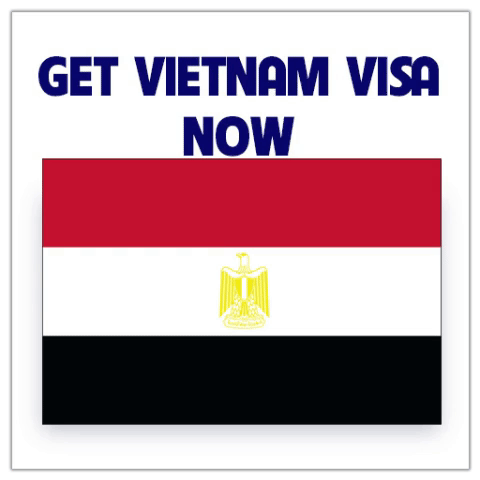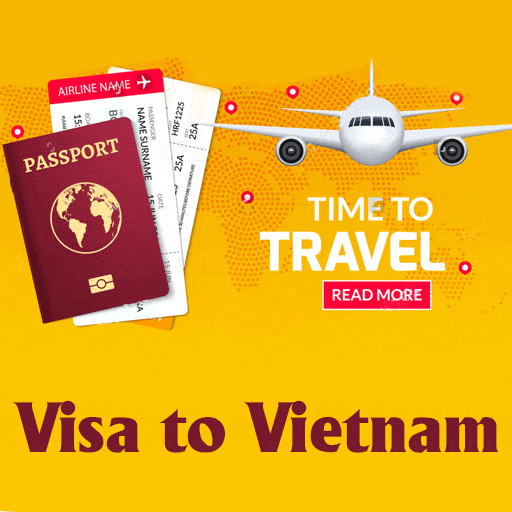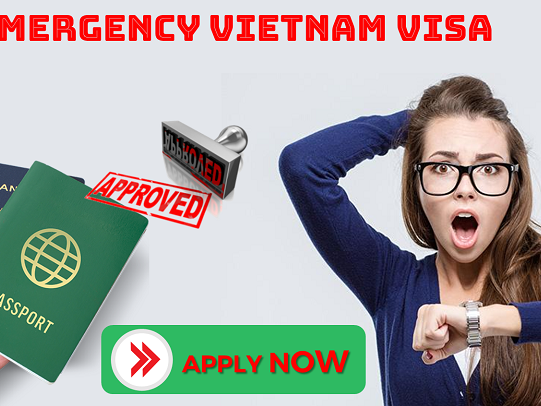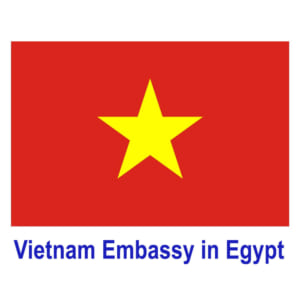Navigating the world of work visas can be a daunting task, especially in a country as vibrant and dynamic as Vietnam. If you’re a foreigner looking to embark on a new professional journey or explore business opportunities in this Southeast Asian gem, understanding the Vietnam Work Visa for Foreigners + Get in 3 Days is essential. This article will guide you through the intricacies of obtaining your work visa swiftly and efficiently.
Understanding the Vietnam Work Visa Landscape

The first step in ensuring a successful transition into working in Vietnam is to grasp the different types of work visas available. The landscape of work visas has evolved significantly over the years, offering various options tailored for specific needs.
Types of Work Visas in Vietnam
Vietnam offers several categories of work visas, each designed for distinct purposes. Understanding these categories will help you identify which one suits your employment situation best.
Business Visa (DN)
The Business Visa, often referred to as DN, is primarily aimed at individuals who plan to engage in business activities such as attending conferences, meetings, or setting up businesses in Vietnam.
This visa allows foreigners to stay in the country for short periods while conducting business-related activities. However, it does not permit the holder to engage in paid employment.
Labor Visa (LD)
The Labor Visa, known as LD, is specifically tailored for foreign workers seeking permanent or long-term employment in Vietnam. This visa allows expatriates to work legally in the country and is typically sponsored by an employer.
To obtain an LD visa, applicants must possess a job offer from a company registered in Vietnam. This visa category also requires a work permit, which involves a more extensive application process.
Investor Visa (DT)
For those looking to invest in Vietnam, the Investor Visa (DT) is the right choice. This visa is designated for individuals investing a significant amount of capital in Vietnamese businesses.
It provides the investor with the opportunity to reside in the country while managing their investments and businesses. The requirements for this visa are relatively stringent, often necessitating legal verification of the investment.
Temporary Resident Card (TRC)
While not exactly a visa, the Temporary Resident Card (TRC) is worth mentioning. It is an extended permit for foreigners living and working in Vietnam. A TRC allows expatriates to stay in the country for longer durations without needing to apply for a visa repeatedly.
Key Takeaways on Visa Types
Understanding the different types of work visas is crucial for potential foreign workers in Vietnam. Whether you’re interested in short-term business engagements or long-term employment, it’s important to choose the right visa type that aligns with your goals.
The Application Process for Vietnam Work Visa

Once you’ve determined the appropriate visa type, the next step is navigating the application process. Acquiring a Vietnam work visa involves several steps, each requiring careful attention to detail.
Gathering Required Documents
Before submitting your application, you’ll need to gather a series of essential documents. Each visa type has its own specific requirements, but some common documents include:
- Valid passport with at least six months of validity
- Completed visa application form
- Recent passport-sized photographs
- Job offer letter from a qualified employer in Vietnam
- Work permit (for LD visa)
- Proof of qualifications and experience relevant to your position
Having all these documents organized can streamline the process significantly.
Submitting Your Application
Once you have all the necessary documentation, you can submit your application. Depending on your location, you may choose between applying directly at a Vietnamese embassy, consulate, or online via an authorized visa service.
When applying online, ensure you use a reliable platform to avoid scams. Many services can facilitate the process, but always double-check their credentials.
Processing Time and Fees
The processing time for a Vietnam work visa varies depending on the type of visa and where you apply. On average, expect to wait anywhere between three to seven business days for your application to be processed.
Fees also differ based on the visa type and duration. Be prepared to pay a fee, often ranging from $30 to $100 USD depending on the specifics of your application.
Obtaining Your Visa
After your application is approved, you will receive your visa, allowing you entry into Vietnam. Keep this document safe, as you’ll need to present it at immigration upon arrival.
The Importance of a Work Permit

If you’re planning to work in Vietnam using an LD visa, obtaining a work permit is a critical part of the process.
The Role of Work Permits in Employment
A work permit is mandatory for foreign nationals who wish to work in Vietnam legally. It serves as official authorization from the Vietnamese government, granting permission for specific employment under defined conditions.
Without a valid work permit, a foreign worker may face legal penalties, including fines or deportation. Thus, securing one should be a top priority for expatriates.
Eligibility Criteria for Work Permits
To qualify for a work permit, applicants must meet specific criteria laid out by the Vietnamese government. These often include:
- Holding a university degree or equivalent qualification relevant to the job.
- Having a minimum of three years of work experience in the field.
- Being in good health, evidenced by a medical checkup.
Meeting these requirements can enhance your chances of approval.
Application Procedure for Work Permits
The application procedure for a work permit can vary, but generally, it involves:
- Collecting necessary documentation, such as proof of education and medical checks.
- Submitting your application to the Department of Labor, Invalids, and Social Affairs (DoLISA).
- Awaiting approval, after which you can collect your work permit.
Overall, the process can take anywhere from two weeks to a month, so it’s wise to plan accordingly.
How to Avoid Common Pitfalls
Navigating the work permit application process can be tricky for foreign workers. Some common pitfalls include:
- Incomplete documentation leading to delays.
- Failing to follow local labor laws and regulations.
- Ignoring deadlines for submission.
Being aware of these challenges will help you prepare adequately and avoid any unnecessary complications.
Living and Working in Vietnam: Inside the Expat Experience
Securing a work visa is just the start of your journey in Vietnam; understanding the expat experience is crucial for making the most of your time in this beautiful country.
Cultural Adaptation and Language
Cultural adaptation is a vital aspect of living and working abroad. Vietnam boasts a rich cultural heritage that may initially seem overwhelming to newcomers.
Embracing Local Customs
Familiarizing yourself with Vietnamese customs and traditions can enhance your experience. Simple gestures like greeting locals with a smile or learning a few Vietnamese phrases can go a long way in establishing rapport.
Navigating Language Barriers
While many Vietnamese people speak some English, especially in urban areas and among younger populations, learning basic Vietnamese can significantly improve your day-to-day interactions and accessibility.
Work Environment and Professional Etiquette
Understanding the nuances of Vietnamese work culture can also ease your transition into the professional sphere.
Hierarchical Structures
Vietnamese workplaces often exhibit hierarchical structures. Respect for authority is deeply ingrained, and understanding this dynamic will help foster positive relationships with colleagues and superiors.
Importance of Face
The concept of “face” plays a significant role in social interactions in Vietnam. Maintaining respect, avoiding confrontation, and being careful with criticism are essential aspects of workplace etiquette.
Networking and Building Connections
Building a professional network is crucial for success in Vietnam. Engaging with fellow expatriates and Vietnamese professionals can unlock numerous opportunities.
Joining Expat Forums and Communities
Participating in expat forums or local community groups can provide support and valuable insights into navigating life in Vietnam. These platforms often feature discussions on job openings, cultural tips, and social events.
Attending Industry Events
Attending networking events, industry conferences, or workshops can help you connect with like-minded professionals and expand your business opportunities in Vietnam.
Conclusion
Acquiring a Vietnam work visa as a foreigner can be a seamless process if you understand the various visa types, gather the necessary documentation, and navigate the application procedures accurately. The journey goes beyond just obtaining a visa, as immersing yourself in the culture and adapting to the local work environment are key to a fulfilling stay. Whether you’re seeking temporary engagements or long-term opportunities, embracing the Vietnamese way of life can lead to both personal and professional growth. As you embark on this exciting chapter, remember that preparation and adaptability are your best allies in making the most of your experience in Vietnam.











Leave a Reply